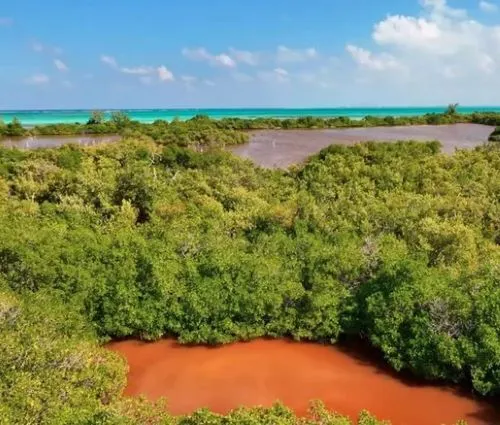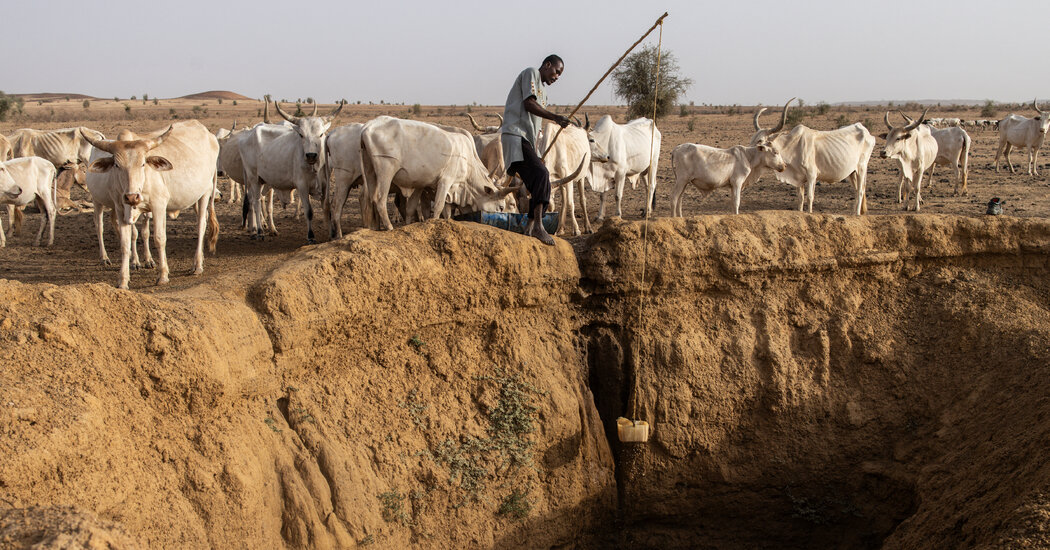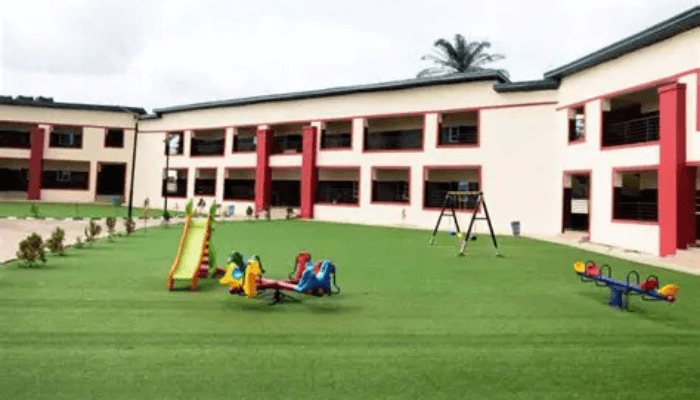Copyright caymannewsservice

(CNS): The sustainability ministry has kicked off a project to develop a National Resilience Scorecard for the Cayman Islands. Funded by the European Union the tool has been specifically tailored for local needs and context. This is a decision-making tool for evaluating the potential impact of public and private investments and projects on the country’s resilience. The first of its kind for Cayman it will look at resilience from every angle – the environment, the economy, infrastructure and community using national benchmarks and a steady flow of projects to track progress. In a press release about the initiative officials said the work will involve several ministries and departments across government working together to ensure the successful implementation of the Scorecard, which is slated for Q2 2026. The money is coming through the via the Green Overseas (GO) Programme and the project will be implemented by Expertise France and Integrated Risk Management Associates LLC. Strategically aligned with key governmental plans such as the Climate Change Policy 2024-2050 and the National Energy Policy 2024-2045, according to the ministry, the tool will include a comprehensive set of metrics that will support the government’s ability to prioritise resilience projects, provide clarity and transparency for investors and the private sector on investment opportunities, and increase public awareness of progress toward climate resilience. Announcing the project kick-off on International Day of Climate Action, Friday the sustainability minister, Katherine Ebanks-Wilks said delivering on the Climate Change Policy is essential to protecting people, the environment, and the economy. “This data-driven tool will help the Government to access climate funding from global investors, stay accountable and plan projects more effectively. Securing climate finance is key to building our resilience,” she stated. “By accessing investment and using funds for a pipeline of projects that are in sync with government’s broad objectives, long-term development goals and the strategic actions outlined in our policies, we can build resilience into all areas of society, including health, food security, housing and disaster management. On behalf of the Cayman Islands Government and the Ministry of Health, Environment and Sustainability, I thank the EU for their generous support, and I look forward to seeing this important scorecard go-live.” Lisa Hurlston-McKenzie, a Senior Policy Advisor on Climate Resiliency said the ministry has been working very closely with IRMA and Expertise France on scope development, terms of reference and approach for several months. “The official project kick-off however, is a significant moment, and from this point onwards, the project team will continue to work diligently towards a series of milestones which will culminate in the delivery of a multi-dimensional, context-specific analysis tool,” she said. “I believe that the scorecard has the potential to transform the way the Cayman Islands views resilience by giving us a tangible means to measure, evaluate and track climate adaptation and mitigation progress over time. This can demonstrate to local, regional and global facilities and investors the resilience cost gap, how we intend to use their investments, and the impact these will have,” McKenzie added. Lina Tode, GO Programme Caribbean Regional Coordinator, Expertise France explained that the Green Overseas (GO) Programme aims at strengthening the climate resilience of Overseas Countries and Territories. “In this framework, the Cayman Islands Resilience Scorecard project will be a strategic tool for evidence-based planning and to provide guidance for public and private investments towards alignment with national climate resilience objectives. Mainstreaming resilience into decision making is at the heart of the GO Programme, and the Cayman Islands Resilience Scorecard project will showcase a comprehensive tool to facilitate the achievement of this objective,” she added. The project implementation will be supported by IRMA’s team of international and Caribbean experts with private and non-profit sector experience in climate, resilience and sustainable development. Marilise Turnbull, Team Lead and a Climate Policy Expert at IRMA, said the organisation will provide strategic and technical support to the Cayman Islands bringing the much-needed initiative to fruition. “The Resilience Scorecard will enable Cayman Islands to make the best choices to adapt to climate change. With the right tool to understand and measure the impact of investment decisions on resilience, the Cayman Islands will be equipped to face climate challenges,” Turnbull said. “We are taking an inclusive, mixed-methods approach to inform the design of the new scorecard. By combining interviews, surveys, and expert–user workshops, we will ensure the scorecard is co-created through a genuinely participatory process.” The initiative will be implemented over 11 months in four phases, including the creation of the Scorecard and its online platform, a pilot test with government ministries, and training sessions to embed its use within public institutions. The lessons learned from the project will also serve as an innovative example for other Overseas Territories (OTs) and Sub-National Island Jurisdictions (SNIJs). Described by Tamara Ebanks, Chief Officer for the Ministry of sustainability as a truly collaborative project, she said it was in line with the government’s current and 2026-2028 Strategic Policy Statements and the tool will be bespoke to Cayman providing an “exciting opportunity to be a benchmark in climate resilience for other Overseas Territories too.” For more information on the Resilience Scorecard project milestones and progress, the Cayman Islands’ Climate Change Policy, and to learn more about climate risks visit the website here.



